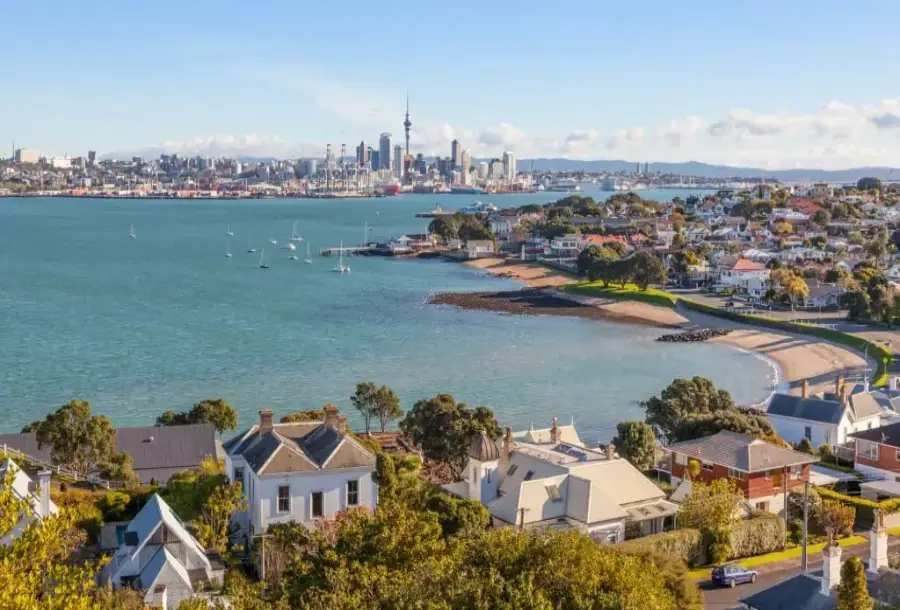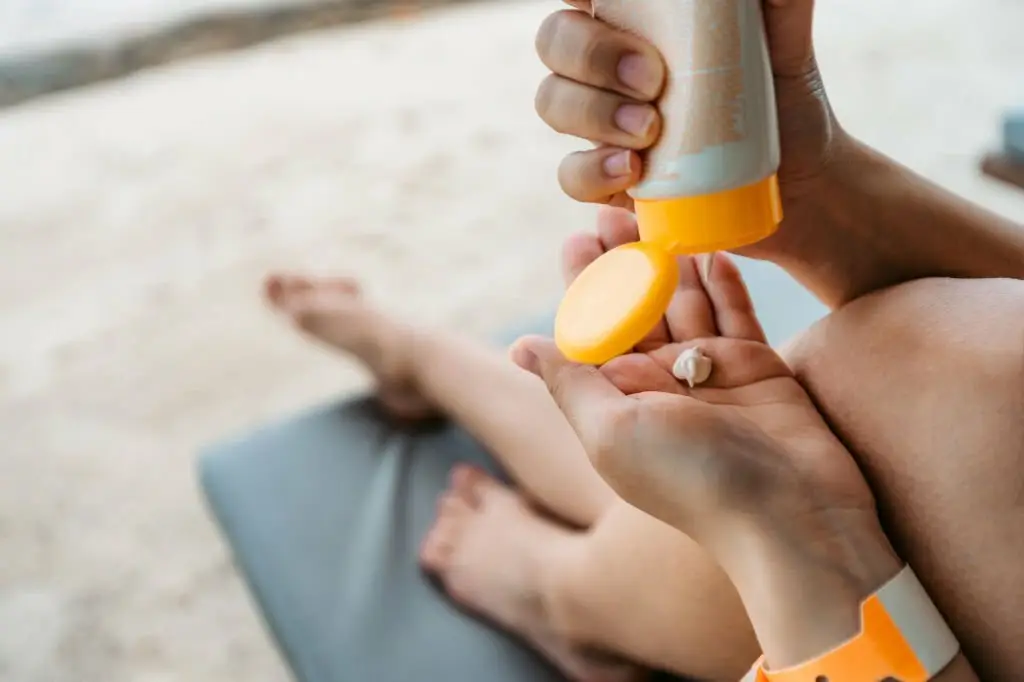
How Should First-Time Visitors To New Zealand Prepare?
New Zealand offers amazing beauty, a diverse range of cultures, and thrilling outdoor activities, making travel there a fascinating experience. New Zealand is well known for its diverse range of outdoor activities, friendly locals, and stunning natural surroundings. On the other hand, first-time visitors must comprehend the nuances of the nation and make arrangements for a pleasurable and stress-free vacation. Here are some pointers for making the most of your trip to New Zealand, from embracing the local Maori culture to navigating the country’s various geography. New Zealand, commonly referred to as “the land of the long white cloud”, is an ideal destination for those seeking an adventure. From adventure sports to wine tasting, rugby culture to hiking, the country offers a wealth of opportunities. However, with so many choices, it can be difficult to decide what to observe, where to visit, and what activities to partake in. Having spent a considerable amount of time in the country, NZeTA Visa Online is pleased to provide some advice regarding your journey.
You will need the following to get a New Zealand Visitor Visa for the first time visitors:
Explore South for Scenery
Although the north island of New Zealand is known for its breathtaking beauty, many first-time tourists make the mistake of focusing all of their attention on its busy towns, including Auckland, Wellington, and Hamilton. Although there are many attractions in these places, the South Island has some of the most breathtaking landscapes in the nation. A must-see is the Southern Alps, which encircle the entire island and culminate in Mount Cook (Maori). While climbing the highest mountain in New Zealand will take at least three days on foot, the expansive National Park has some of the most breathtaking views and the most tranquility found in the Northern Hemisphere. Stewart Island, with its pristine blue waters and natural flora. One might even want to turn away their camera when the scenery is that beautiful. Also explore our blog page, where you will find out how long does it take to get a New Zealand tourist visa online?
Focus on Budget

For travellers to New Zealand on a tight budget is not an economical vacation. You will still have to spend more for submission even if you do not stay in a five-star hotel or a luxury resort. One of the most damaging aspects of being a saver is having to pay a high price for what are arguably the world’s most expensive meals and beverages. Even more so are trips and activities, which is perhaps why many of the most stunning locations in the nation have remained unspoiled. Experiences range from trekking Franz Josef, one of the country’s most famous glaciers, to whale watching in the Kaikoura region and helicopter flights. Thus, it is advised to save money before traveling if you want to fully experience the nation.
Visa Requirements
Following significant changes to border controls, visitors must now obtain a NZeTA to enter New Zealand. They were once a “visa waiver” nation, making travel there simple for them. Getting one is simple; just complete the application and proceed. It will only take a few minutes to complete the online application process. If you submit it online, it will cost you according depend on your visa, and you should allow up to two weeks for processing. There is an International Visitor Conservation (IVL) Levy that needs to be paid when applying for a New Zealand visitor visa. Foreign citizens have exceptionally easy tourist visa requirements, which let them stay in New Zealand for up to six months. However, to be granted admission without a visa, applicants must have sufficient cash to maintain themselves while in the country and an onward ticket.
Prediction about the Weather
The weather in New Zealand varies greatly; summer might fall during the winter and vice versa. Though the North experiences warmer temperatures than the South, overall conditions are pleasant. As you move south, the temperature tends to decrease and in the winter, it can even drop below freezing. All year long, there is a lot of drizzle, and even in unfavorable weather. The sun is very strong and unforgiving. Therefore, we advise to pack for all weather conditions.
Wear sun-cream

In New Zealand, the average temperature is around 26 degrees Celsius, and sometimes about 30 degrees is considered “very hot.” The nation is located beneath a hole in the ozone layer, which intensifies the UV radiation from the sun. In addition, summers are usually dry, especially in the South. As a result, it’s advised to take the necessary safety measures to shield oneself from the sun’s rays, like wearing a shirt, applying sunscreen, and putting on a hat, and sunglasses. But, it’s crucial to pick your sunblock carefully if you don’t want to appear like a lobster. Here are some suggestions to help you enjoy the sun as much as possible in New Zealand.
Fall in love with it
We desire for you to develop a deep affection for New Zealand even before you set foot on our soil. You’re going to fall in love with the people, the scenery, the lakes, the coffee, or the mountains. And you’ll likely wish to return eventually. Every time I leave the house, I find myself grinning in New Zealand. The location makes me exclaim, “I’m from New Zealand,” and receives compliments like “You’re so lucky.” You must visit this location to truly appreciate how unique it is.
Safety First
New Zealand is regarded as one of the world’s safest travel destinations; with a Global Peace Index value of under 1,2, it ranks second only to Iceland on the list of most peaceful locations. Traveling should be done with caution, though, as theft is a frequent occurrence—especially in isolated locations. It is advised to adopt standard safety precautions, such as hiding valuables or keeping personal objects out of sight, to guarantee personal safety. In the same way, hotel rooms especially the less expensive ones should be utilized carefully, and if possible, a safe should be offered. We look forward to speaking with you and wish you a pleasant and safe voyage to New Zealand.
What do I need to do before visiting New Zealand?
Make sure your passport is valid before you go to New Zealand, research the requirements for a New Zealand visitor visa based on your nationality, and consider purchasing travel insurance. Plan your journey, bring appropriate clothing for the weather, and do your homework on the things to do and locations you want to see while you’re there.
Where should I go for the first time in New Zealand?
First-time visitors to New Zealand have a plethora of amazing destinations to choose from. You’ll get to see everything the nation has to offer, from the breathtaking views of Milford Sound at Fiordland National Park to the geothermal marvels of Rotorua and the vibrant city of Auckland.
What items cannot be brought to New Zealand?
Strict regulations govern what can and cannot be imported into New Zealand. This covers illegal drugs, firearms, specific types of weaponry, endangered goods, and the majority of foods, such as fruits, vegetables, and meat. In addition, restricted or outlawed items include ivory and animal skins, which are derived from endangered animals.
What is the best way to enjoy New Zealand?
Exploring New Zealand’s natural beauty can be best achieved through a variety of outdoor activities, such as hiking, trekking, and adventure sports. Maori culture and the relaxed lifestyle can also be explored, both in the Northern and Southern Islands.
What travel documents do I need to leave New Zealand?

Generally speaking, you’ll need to have a current passport, any other travel documents required for re-entering the country, and a visa if you plan to travel to another country. Before leaving New Zealand, it is crucial to make sure that all visa requirements for the next destination or transit countries are satisfied.
What is the best month to visit New Zealand?
If you’re looking for a peaceful vacation, autumn and spring are great times to visit New Zealand. These months are perfect for seeing the nation’s various regions, engaging in outdoor activities, and taking in the sights because of their moderate weather, fewer crowds, and breathtaking landscape.
How many days in New Zealand is enough?
The amount of time you spend in New Zealand will depend on your personal tastes and the areas you want to see. A two to three-week journey will usually provide you with a thorough experience, enabling you to see both the Northern and Southern Islands, engage in a range of activities, and take in a vast array of landscapes and cultural experiences.
What is not allowed in carry-on luggage?
Sharp devices like knives and scissors, firearms and ammunition, flammable or gas-containing substances, liquids larger than 100 milliliters, and some sporting goods like baseball bats and golf clubs are among the items that cannot be packed in a carry-on bag. Furthermore, some things that can be hazardous, or a security concern, are prohibited from being in your luggage.
Let me conclude by saying that if this is your first time visiting New Zealand, you really should make the most of the breathtaking natural beauty, diverse landscapes, and vibrant cultural offerings of the nation. The beauty of this amazing place may be fully appreciated by taking the time to plan beforehand, learn about local customs, explore different areas, engage in outdoor activities, and fully immerse oneself in Maori culture. You may guarantee a fulfilling and unforgettable journey by being receptive to new experiences, exercising wisdom, and showing respect for the environment.